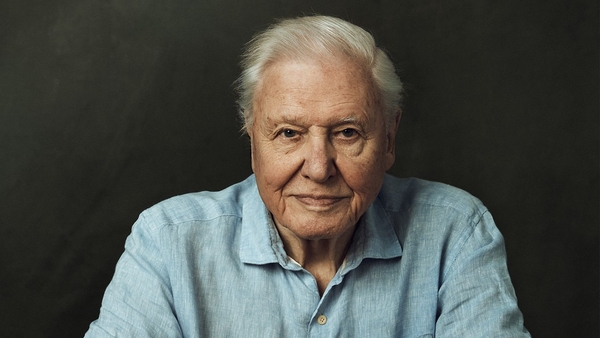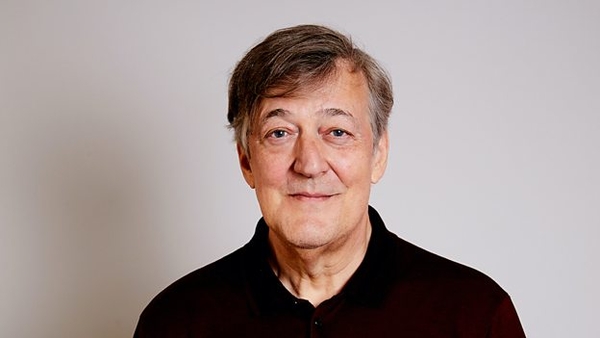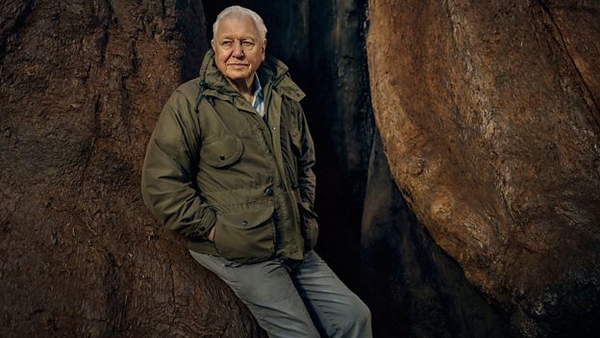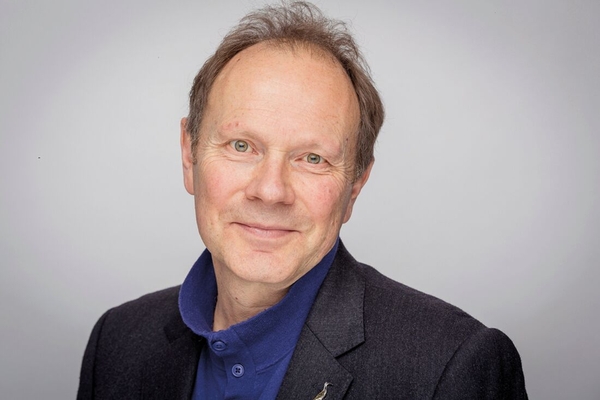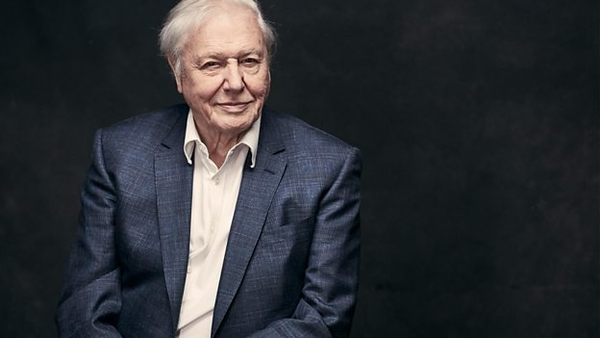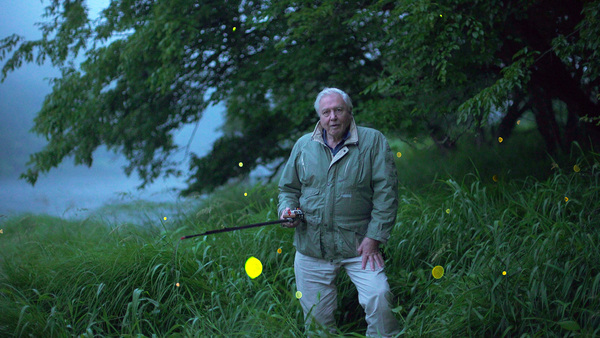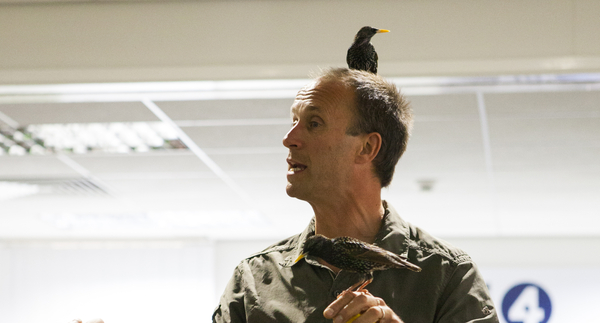Sir David Attenborough to present Planet Earth III
First airing in 2006, the series has gone on to become the global gold standard in natural history filmmaking, winning multiple RTS Awards for its epic and intimate exploration of nature's splendour. Having presented every episode to date, Attenborough's voice has become inextricably linked.
"Planet Earth wouldn’t be Planet Earth without David," says Executive Producer Mike Gunton, "so I’m delighted he is presenting the third series.

